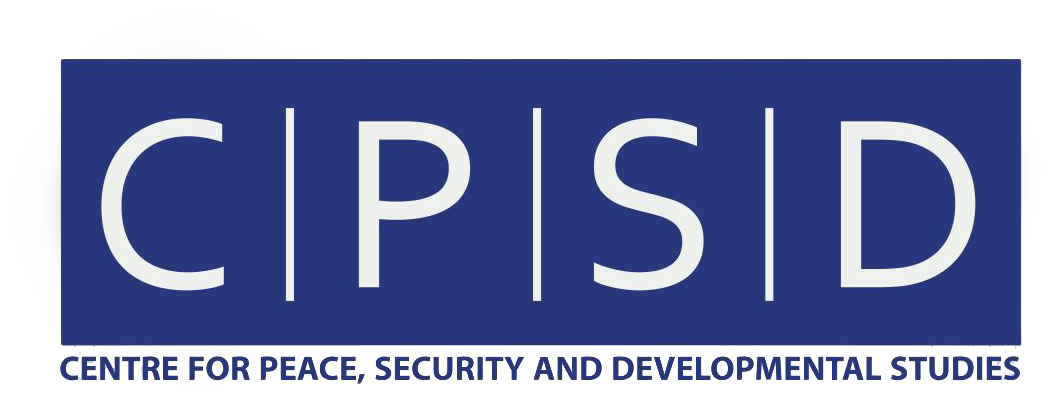Why the PPP Fears the end of Pakistan’s 18th Amendment

The 18th Amendment and the PPP’s Political Survival
The Pakistan Peoples Party (PPP) has once again captured national attention by accusing the Pakistan Tehreek-e-Insaf (PTI)-led federal government of planning to roll back the landmark 18th Amendment to the Constitution of Pakistan. Originally passed in 2010 under the PPP’s own government, the amendment was intended to restore the 1973 Constitution to its original parliamentary form. While the PTI insists it has no plans to revoke the amendment, the PPP continues to warn that subtle efforts are underway to lay the groundwork for a presidential system.
Although some critics argue that the PPP’s aggressive defense of the 18th Amendment is simply a distraction from ongoing corruption cases—particularly the fake bank account case brought by the National Accountability Bureau (NAB)—there is a deeper political calculus at play. The amendment secures significant financial and legislative autonomy for Sindh, where the PPP continues to govern. This makes the amendment not just a symbolic stand for federalism, but also a strategic lifeline for a party struggling to maintain national relevance.
Understanding the 18th Amendment
Passed in 2010, the 18th Amendment is the most extensive constitutional revision in Pakistan’s history, bringing 102 changes across multiple articles. The process was inclusive: the Parliamentary Committee on Constitutional Reform, composed of representatives from all major political parties, spent over nine months deliberating more than 900 proposals, including inputs from civil society. The amendment passed unanimously through both the National Assembly and the Senate.
Despite its consensus-driven origins, controversy erupted quickly. The central debate revolves around the division of power and resources between the federal and provincial governments. Critics argue that the amendment “weakened the center without necessarily strengthening the provinces,” citing capacity constraints and a lack of readiness to assume devolved responsibilities. Others highlight the jurisdictional confusion that has emerged, particularly in education, healthcare, and environmental regulation.
The PPP, however, dismisses these concerns as attempts to reverse democratic progress. The party argues that the federal government has been reluctant to transfer resources and authority in line with the amendment, creating the very dysfunctions its critics blame on provincial incapacity. The PPP sees recent accountability proceedings against its leadership as part of a coordinated effort to undermine its political base and, by extension, attack the 18th Amendment itself.
The PPP’s Historical Ties to Devolution
The 18th Amendment is deeply embedded in the PPP’s political identity. The party’s founding under Zulfikar Ali Bhutto in 1967 marked a shift toward anti-establishment politics, even though Bhutto himself began his political journey within the military-led government of General Ayub Khan. While his stance toward the establishment fluctuated during his tenure, the execution of Bhutto by a military regime in 1979 cemented the PPP’s adversarial relationship with the military.
The PPP’s anti-establishment rhetoric intensified following the assassination of Benazir Bhutto in 2007. When the party returned to power in 2008, it sought to weaken centralized authority—historically dominated by the military—and empower elected representatives through constitutional reforms. The 18th Amendment became a symbolic and institutional expression of the party’s longstanding motto: “Democracy is the best revenge.”
From National Party to Regional Actor
The PPP has undergone a dramatic transformation from a national political force to a party with its stronghold almost exclusively in Sindh. In the 2008 general elections, the PPP performed strongly in Sindh but fared poorly in other provinces. By the 2018 elections, this regionalization had become stark: the party won just six seats in Punjab and one in Khyber Pakhtunkhwa, while securing a clear majority in Sindh.
This electoral reality gives the PPP every incentive to protect provincial autonomy, as it ensures continued access to resources and policy control despite declining national popularity. With the abolition of the Concurrent Legislative List, provincial governments gained control over key areas like education and healthcare—sectors that influence voter loyalty. Article 160(3A) further guarantees that a province’s share in the National Finance Commission (NFC) Award cannot be reduced below its current level, safeguarding Sindh’s financial interests under PPP governance.
The Stakes of Repealing the Amendment
Repealing or diluting the 18th Amendment would not merely be a symbolic loss for the PPP—it would undermine its ability to govern effectively in Sindh and potentially cripple its political future. The amendment is thus not just a point of pride or ideology, but a survival strategy for a party increasingly dependent on regional dominance.
Given the PPP’s adversarial history with military regimes, its fears of a rollback are not unfounded. However, critics argue that corruption charges and lack of governance in Sindh weaken the PPP’s credibility in defending democratic principles. Accusations of using the 18th Amendment as a shield to deflect scrutiny only deepen public skepticism.
Conclusion: Beyond Rhetoric, Toward Reform
The ongoing debate over the 18th Amendment is a litmus test for Pakistan’s federalism, institutional maturity, and political accountability. For the PPP, the amendment is both a democratic milestone and a political necessity. For the PTI-led government and other centralists, it’s an obstacle to coherent national policy and effective governance.
The real challenge lies in striking a balance between decentralization and accountability. The way forward requires a commitment to rule of law, institutional transparency, and a genuine respect for the constitutional spirit—from both the center and the provinces. Only then can Pakistan move beyond power politics and fulfill the promise of a truly representative federation.
